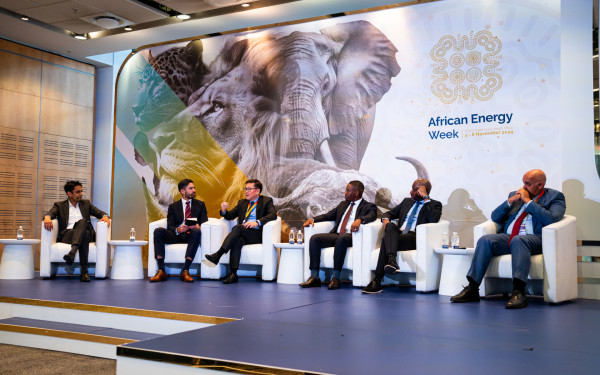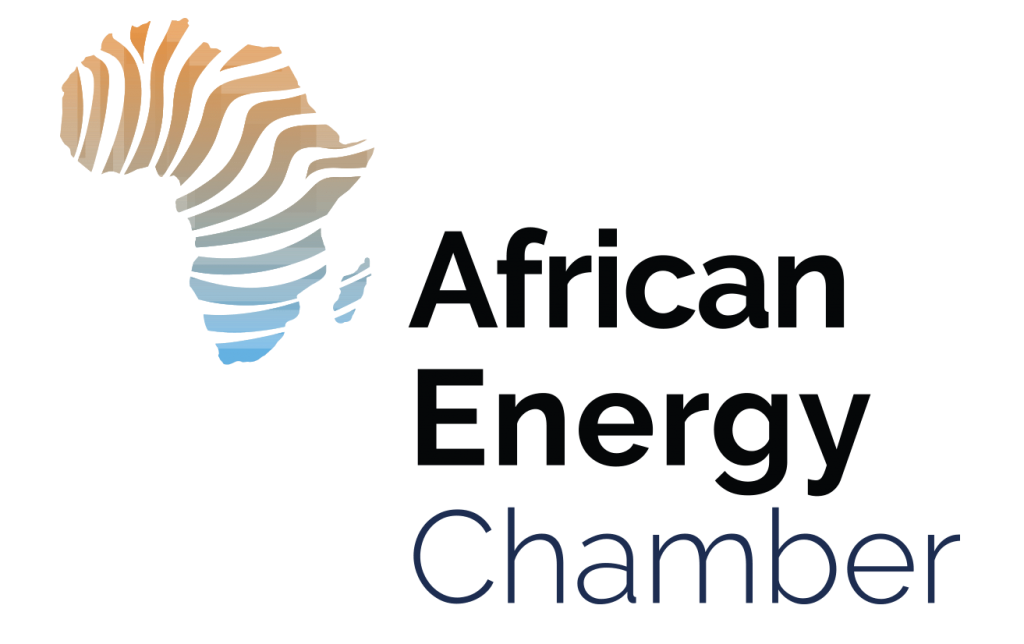
By Elizabeth Antidius Shumbusho | Africa Guardian
Private power and Independent Power Producer (IPP) investments are critical for Africa’s energy future, with the potential to enhance energy access and eliminate energy poverty across the continent. Countries are increasingly turning to renewable energy sources to boost supply while aligning with global transition goals.
At the African Energy Week (AEW) 2024: Powering Africa Summit, a panel titled “Maintaining the Momentum for Private Power Provision” focused on the vital role of private power and IPP investments in addressing Africa’s energy challenges. The discussion spotlighted South Africa’s IPP procurement program as a model for developing private power generation capacity in Africa, a region burdened by insufficient generation capacity, outdated infrastructure, poorly managed state-owned utilities, and limited access to affordable capital.
Bernard Magoro, Head of South Africa’s Independent Power Producers Office, outlined the country’s strategy to phase out 15-20 GW of coal-fired power plants by 2035, with renewable energy expected to replace half of that capacity. Replacing this coal generation requires approximately four to five times the baseload capacity being decommissioned, Magoro emphasized.
South Africa’s 14-year-old IPP program has already added over 8 GW of new capacity, including 7.2 GW of renewable energy and 1 GW from open-cycle gas turbines. This now represents about 10% of the country’s annual energy supply from IPPs.
Magoro credited the success of South Africa’s IPP program to the creation of a robust enabling environment—what he called “the IPP energy ecosystem”—which has facilitated smooth integration of IPPs into the energy mix. He noted that these lessons are being shared across Africa to help other nations build successful programs.
Panel moderator, Hasnayn Ebrahim, Managing Director of Africa International Advisors, emphasized the importance of cross-border collaboration and knowledge sharing to foster private power development in Africa. Mirlan Aldayarov, Infrastructure Program Leader at the World Bank, highlighted the role of the South African Power Pool (SAPP) as an effective mechanism to overcome challenges to IPP development across the continent.
Simphiwe Jantjies, Head of East, Central, and West Africa at the Development Bank of Southern Africa, added that regional power pools, coupled with market liberalization, could further enhance IPP participation. He also pointed out that development finance institutions play a key role in ensuring project financing is bankable and can support the development of sustainable energy infrastructure.
Aldayarov praised the pace of reforms in South Africa to support IPPs, noting the Bank’s involvement in long-term energy planning, policy reforms, and the development of a pipeline of bankable projects. Despite these advancements, South Africa faces significant challenges in expanding its energy grid. Magoro warned that with over 100 GW of energy capacity in various stages of readiness, the country’s transmission network is already strained.
“Between now and 2032, we need to build 14,000 km of transmission lines,” Magoro said, acknowledging that Eskom alone cannot meet this challenge. The private sector, he stated, will need to play a crucial role in expanding the transmission infrastructure to support the growing energy demand.
___

